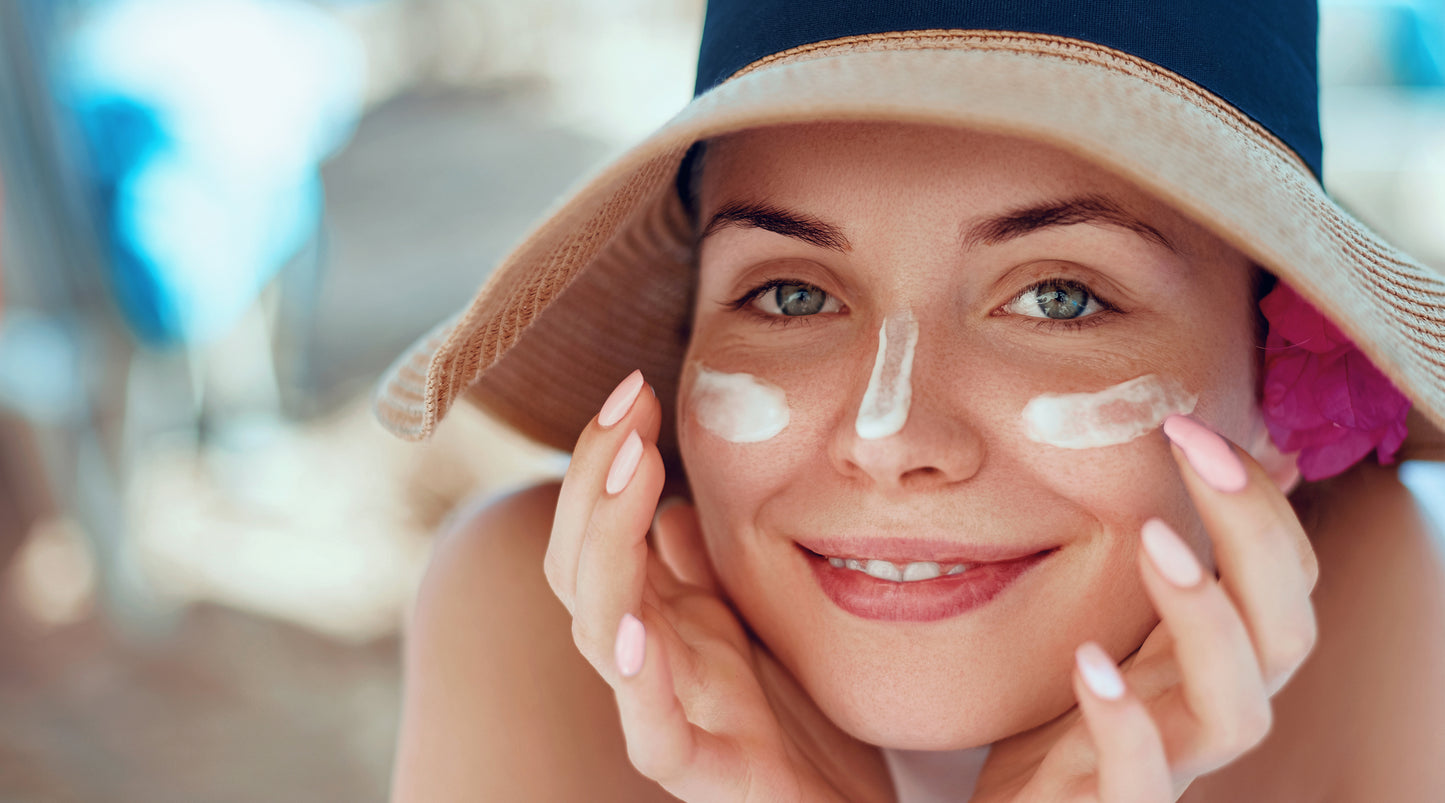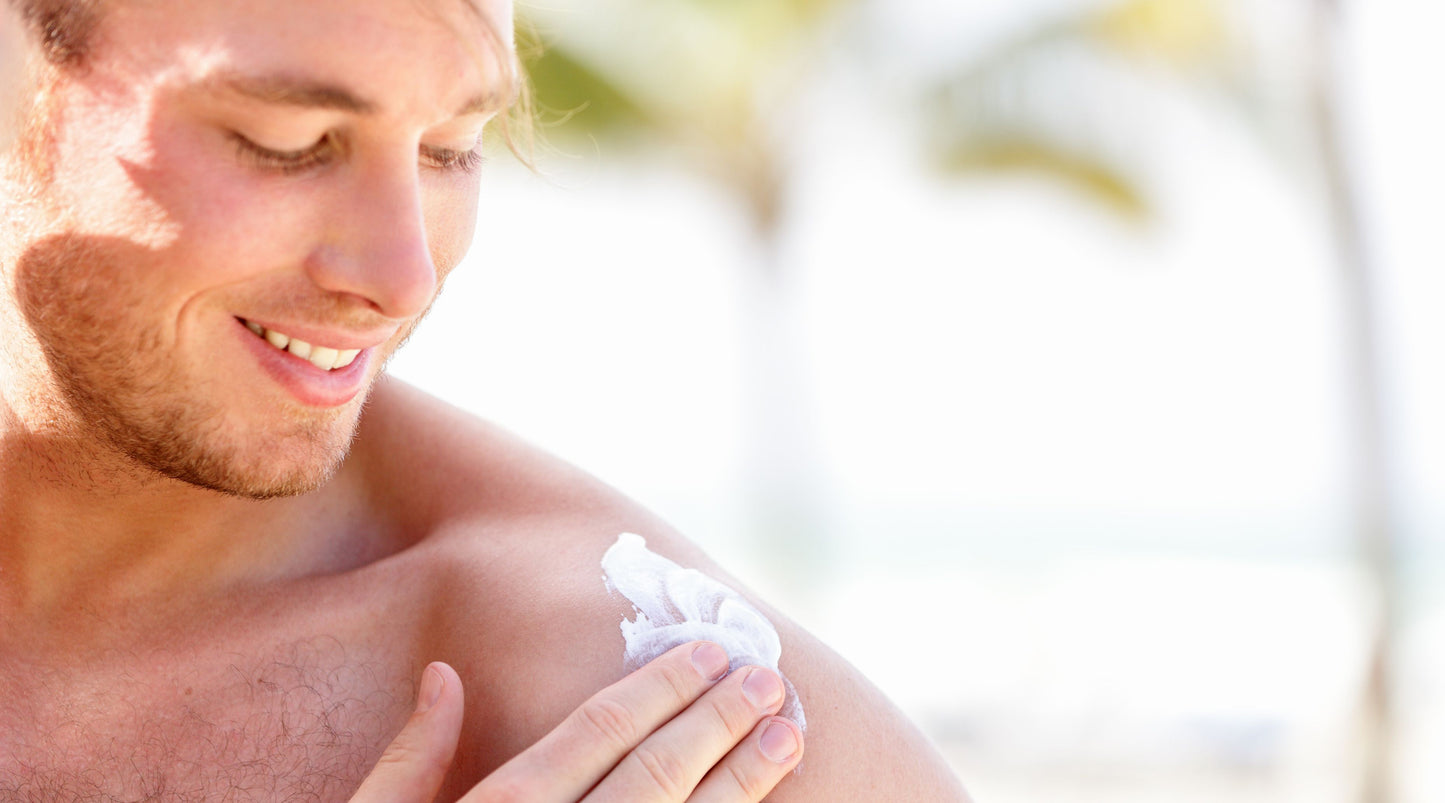Health + Wellness — sun damage
This is the Sunsafe Rx Health & Wellness blog. We focus on topics related to living an active, enjoyable life. Our goal is to share with you news, facts, and tips for your health and wellness.
When To Use Sunsafe Rx
Research shows the ingredients in Sunsafe Rx protect your skin and eyes. Sunsafe Rx is an anti-aging nutritional supplement you take orally containing ingredients that promote your defenses against the adverse effects of environmental stresses. But during what activities do people actually use it? The ingredients in Sunsafe Rx have been shown to help naturally support your skin during exposure while you play any sport, including: Running Golfing Soccer (Futbol) Tennis Basketball Baseball Softball Cricket Football Swimming In the same way, the ingredients in Sunsafe Rx can also provide support during other outdoor activities, such as: Hiking Rock climbing Gardening...
How You Can Use Sunsafe Rx
Sunsafe Rx is designed for women and men of all skin types to help fight the appearance of skin aging. To benefit, simply take 1 capsule per day, 60 minutes before exposure to the elements. For optimal results, take 1 capsule every day—even on days without any exposure. On days with prolonged exposure take 1 additional capsule. Maximum effectiveness is reached after several weeks of daily use as the beneficial antioxidants accumulate in your skin, increasing the supportive effects. Sunsafe Rx is used by a wide variety of individuals: Athletes who get copious amounts of outdoor exposure Travelers and vacationers...
The FDA’s Recently (Finally) Released Sunscreen Guidance
We keep being asked about the impact of the Federal Drug Administration’s (FDA’s) recently released (in 2011) sunscreen guidelines, so here’s a quick overview. First of all, new testing and labeling sunscreen standards were first proposed by the FDA 33 years ago (yes, you read that right, 33 years ago) and they have been in perpetual purgatory since then without any official action. Industry, consumer, and many different special interest groups, including dermatological societies and cancer prevention foundations, weighed in over the years, but no updates to the rules were ever made over that period by the FDA, despite the...
Mineral-Based Sunscreens
Here’s a link to an article on NewHope360 discussing people’s recently transitioning interest from traditional chemical-laden topical sunscreens (sunblocks) to more natural mineral-based sunscreens. Topics touched upon in this article include: Sunscreen toxicities The fact that traditional topical sunscreen chemicals really don’t do a good job of blocking UVA rays The Food and Drug Administration’s delay in releasing the sunscreen monograph intended to clear up consumer misconceptions about sunscreens and SPF, and address misleading claims on labels This article also contains a few sunscreen suggestions and a link to the Environmental Working Group’s (EWG) recommended sunscreens. You can read it...
Sunscreen Ingredients to Avoid: Does Your Sunscreen Contain Toxic Chemicals?
Check the label of your sunscreen or sunblock for both the active and inactive ingredients. It’s best if your sunscreen contains only the active ingredient zinc oxide (it may also contain titanium dioxide). But if your topical sunscreen/sunblock has any of the following toxic chemicals it could actually be doing more harm than good! Here’s a list of some of the sunscreen ingredients to avoid: Avobenzone (Parsol 1789, Eusolex 9020, Escalol 517) Oxybenzone (benzophenone-3, Eusolex 4360, Escalol 567) Dioxybenzone (benzophenone-8) Octocrylene Sulisobenzone (benzophenone-4) Phenylbenzimidazole sulfonic acid (ensulizole) Homosalate Cinoxate PABA (4-Aminobenzoic acid, para-aminobenzoic acid) Padimate O (OD-PABA, octyldimethyl PABA, Escalol...

























